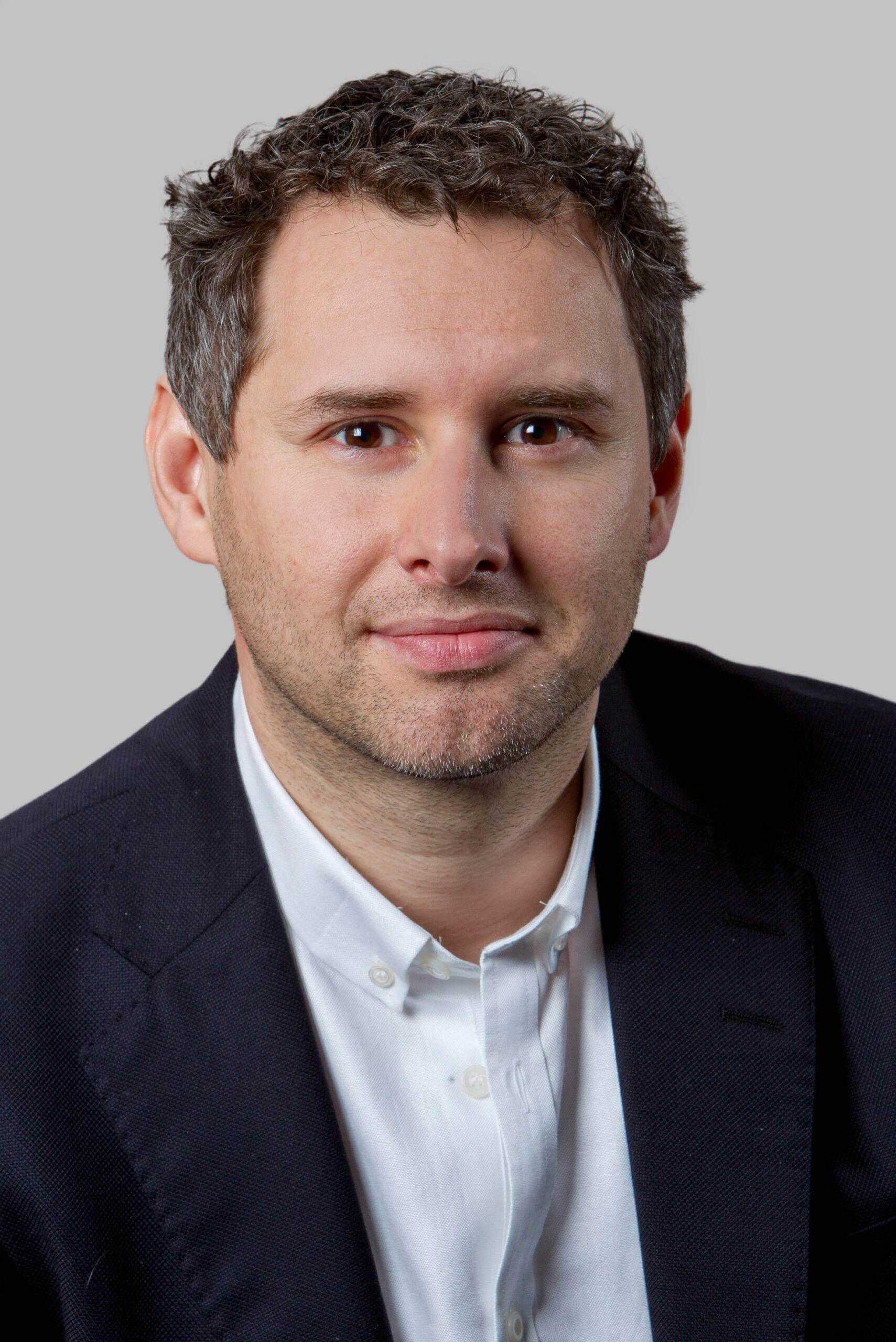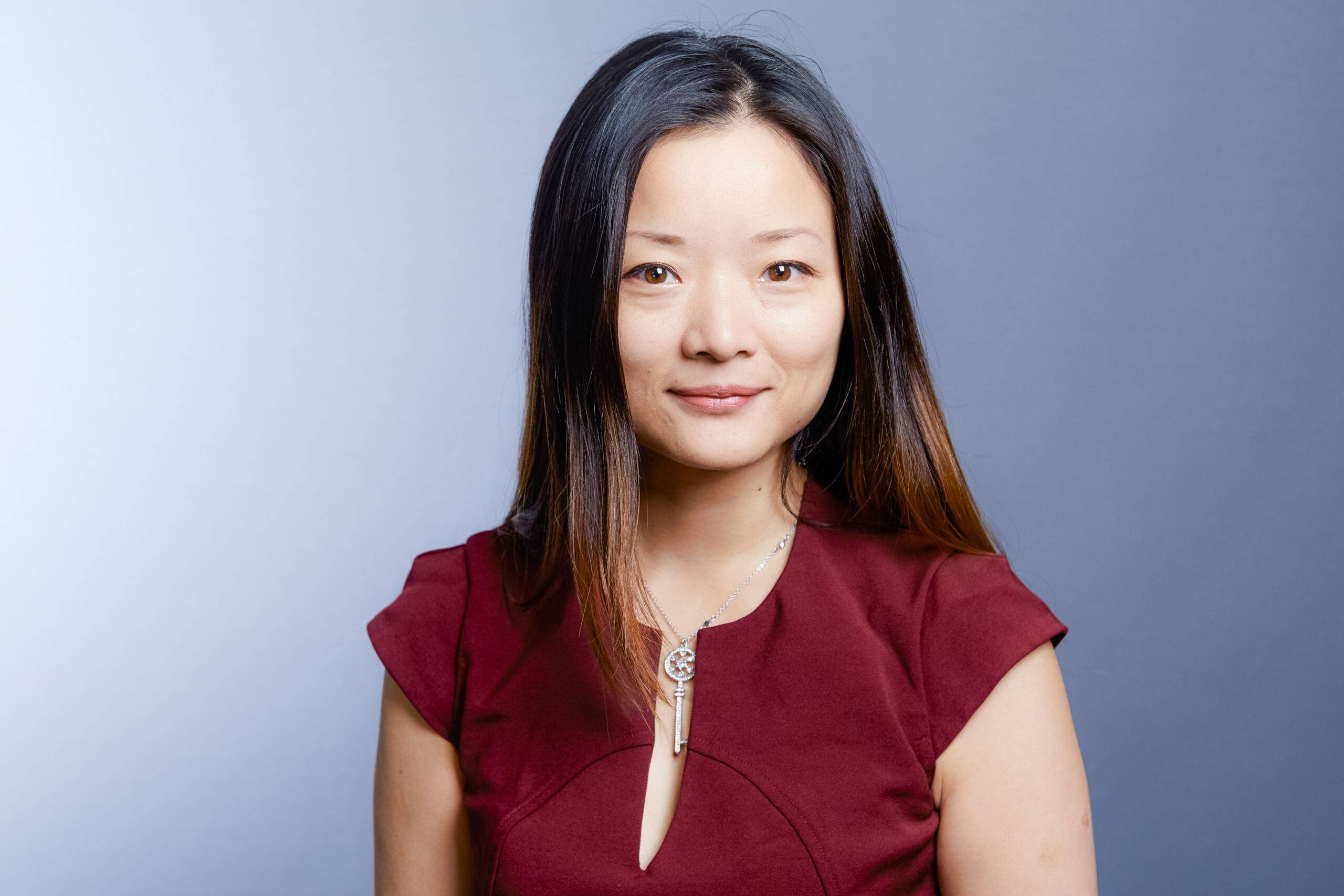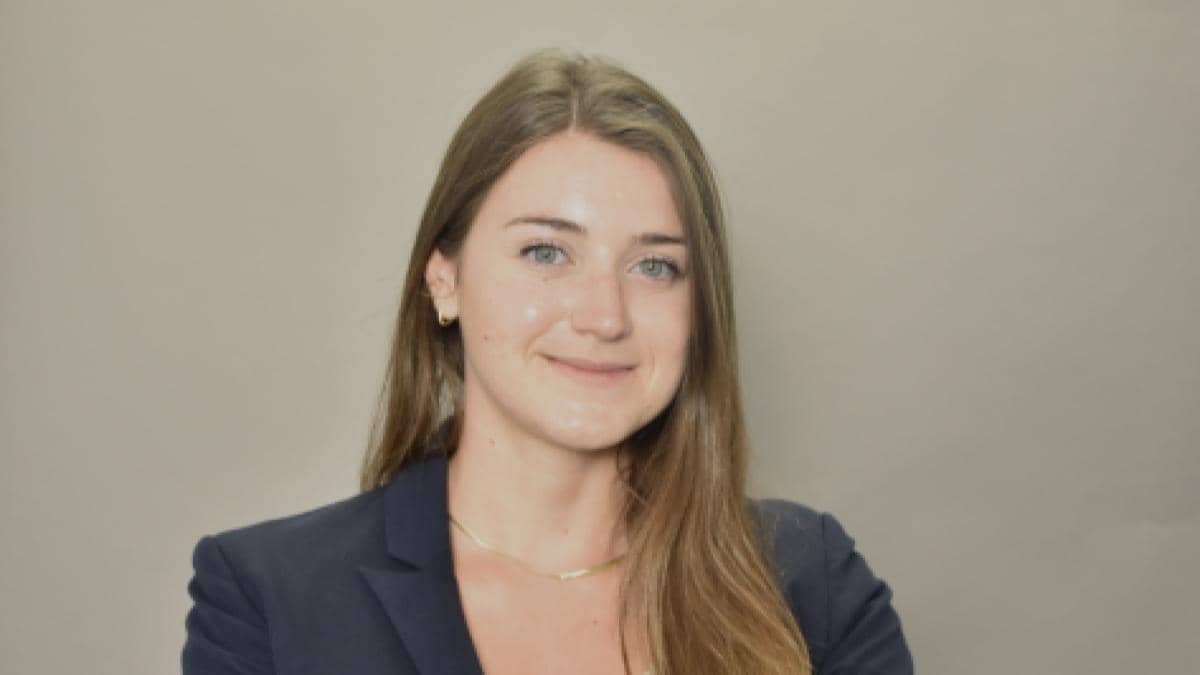Guillaume Rigeade from Carmignac is our Fund Manager of the Month

22 NOV, 2023
By Johanna Zidani from RankiaPro Europe
Guillaume Rigeade is a fund manager in the fixed-income team. Rigeade joined Carmignac in 2019. He began his career at Sinopia Asset Management in 1999 as a fixed-income portfolio manager in 2000, before being appointed deputy head of fixed-income management in 2004. From 2007 to 2009, he was a senior international fixed-income portfolio manager at Société Générale Asset Management. He joined Edmond de Rothschild Asset Management in 2009 as global macroeconomic fund manager, was appointed fixed income fund manager in 2012, and was subsequently promoted to deputy chief investment officer in 2019. Rigeade holds an actuarial degree accredited by the Institut de Statistique de la Université de Paris.
What made you decide to go into the financial sector? Did you have any other vocations?
I have always loved following the news, following geopolitics, and understanding economics. This is what I was looking for in finance and I was served beyond my expectations.
Like many boys, I dreamed of being an astronaut or a fighter pilot but because of my vision problems, it always remained a childhood dream.
I flourished in a predominantly scientific education. I did a lot of mathematics and became an actuary. I had never heard of this profession before I was almost 20 years old, but when I discovered it, it presented itself to me as an opportunity to unite my passions: math, economics, and finance.
How should investors orient their portfolios in this environment?
After the rise in rates experienced over the last 18 months, we must assess the extent to which valuations are attractive on the bond markets and in particular the credit markets. These markets offer significant opportunities.
Of course, you need to have a diversified portfolio with an allocation to different assets and in particular stocks if the investment horizon is not short. Due to attractive valuations, the weighting of bonds should be quite high at the moment.
How is the relationship with your clients in times of market crisis? How do you manage emotions?
My clients appreciate my transparency and intellectual honesty. I’ve always said what I did and I always did what I said.
In times of crisis, this is crucial because the client understands the performance and I can explain to them what I am doing. This confidence allows us to have the courage to seize the opportunities that inevitably appear in times of crisis.
My quantitative background allowed me to develop a rational and quantified approach to markets. I also work as part of a fund management duo. Thus, emotions are confronted with fundamental arguments. This gives rigor.
Could you give us an example of a holding that you have held for a long time in your portfolios and why?
I have been investing in European subordinated financial debt for years. After the sovereign crisis, Europe worked to prevent any systemic risk regarding banks and as a result, their solvency has only improved. However, the yields offered by these securities have remained generous for several years because investors fear the inherent and inevitable volatility since the level of seniority of these bonds brings them closer to stocks. By having a sufficiently long investment horizon, I accept a certain volatility.
What differences do you observe in the way new generations invest?
I don’t believe is a question of generation but rather a question of experience.
It’s easy to be seduced by technology and when you’re starting out, you can be in a hurry to prove yourself. They will therefore be tempted by more speculative assets, such as cryptos, etc… This can lead to short-term gains but longer-term pain.
But like all investors, they will learn from hard times. They then diversify their investments.
If you had to define yourself with 3 words, what would it be and why?
Realistic, rigorous, and open-minded.
As an investor, I build realistic return expectations based on common sense. I analyze the markets rigorously so as not to be dominated by emotions. And the most important thing is that you have to be curious and look for investment opportunities in the widest possible universe.
What is your favorite thing to do in your free time?
I like spending time with my friends and family. And also I love doing lots of outdoor sports. Whether for performance (running), or for landscapes and nature (hiking or cycling), or for sensations (skiing, skydiving), everything will be fine as long as it's outside.


